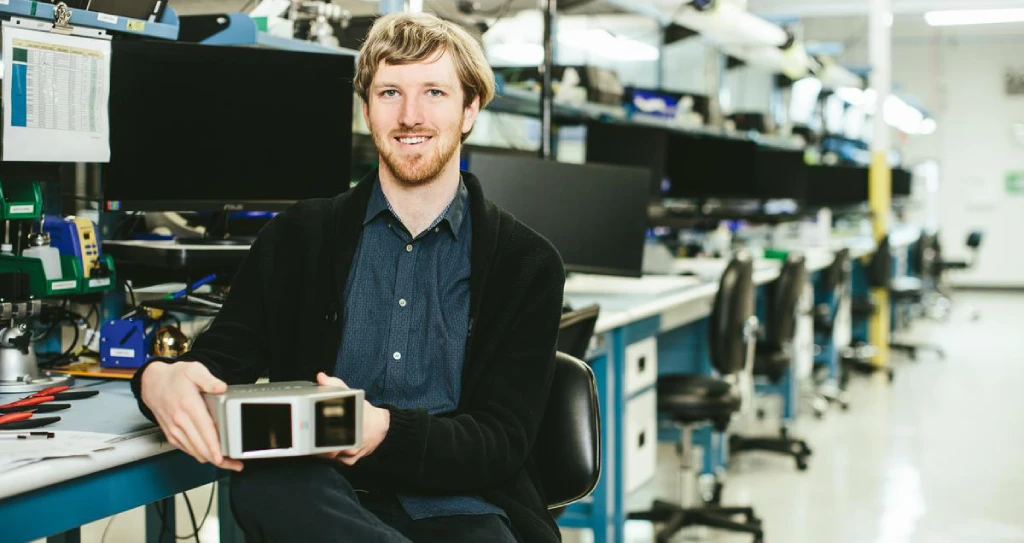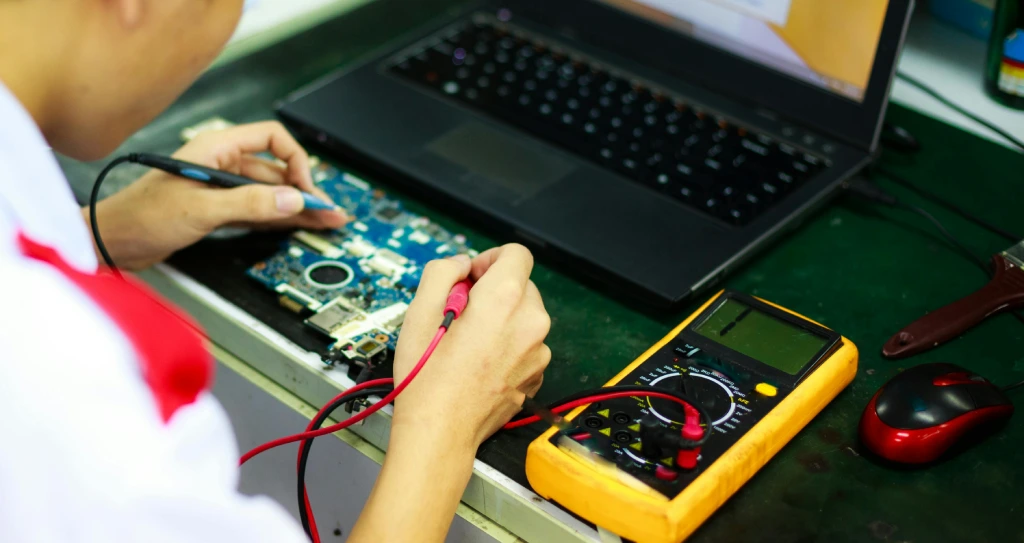The board of the firm says that Austin Russell, who became a fortune after his lidar startup Luminar went public, is no longer the CEO.
On Wednesday, the day of Luminar’s first-quarter earnings announcement, the company’s board declared that Russell had been replaced and that Paul Ricci had been hired in his place. Ricci was Nuance’s previous chairman and CEO.
According to the news announcement, Russell resigned with immediate effect as the company’s president, CEO, and board chair. According to the board’s news statement, the resignation was made in accordance with an ethics investigation and code of business behavior for Luminar’s board audit committee. According to the announcement, Russell will continue to serve on the board and be “accessible to the next Chief Executive Officer on transition and technological topics.”
It is unclear, though, whether Russell left voluntarily or because he was forced to. Russell was unavailable for comment. Other than stating that it “does not effect any of the company’s financial outcomes,” the board did not elaborate on this ethical investigation.
Another peculiarity is that the company’s PowerPoint show and earnings report do not disclose the leadership transition. Russell even makes a positive statement in the first-quarter press release outlining the company’s plan to reduce costs with its new Halo product.
Russell added in the release, “As seen by our announcements today, we are firing on all cylinders to ramp up production, ramp down costs, and capitalize on the future in a world of macro uncertainty and adversity.” “With a consolidated product platform, this launches our new operating plan for Luminar, allowing for extreme focus and business efficiency while also unleashing value across our organization.”
The board’s press statement, however, presents a different picture.
In a statement, board member Matt Simoncini said, “We are thrilled to welcome Paul as our future CEO.” He has a proven track record. He is a visionary leader who possesses a unique blend of operational competence and technological understanding. He is the perfect candidate to guide us into our next phase of expansion because of his dedication to innovation, his capacity to develop businesses, and his natural ability to predict the direction of technology. The Board is thrilled about the future and has complete faith in his leadership.
Simonici, who retired as CEO of Lear in 2018, chairs the board’s audit committee, which also includes Daniel Tempesta, the former executive vice president and chief financial officer at Nuance; Dominick Schiano, the founder of Evergreen Capital Partners; and Jun Hong Heng, the founder and chief investment officer of technology investment firm Crescent Cove Advisers.
After working in secret for years, Luminar made its debut on the autonomous vehicle scene in April 2017. At the age of 22, Russell was catapulted into the public eye and turned into a Silicon Valley success story. Russell started Luminar in 2012, but it would take years for the public to become aware of his business. As a Thiel fellow, he worked on the Luminar technology, which provides young people with $100,000 over two years to leave college and follow their dreams.
With a post-deal market valuation of $3.4 billion, Luminar merged with Gores Metropoulos Inc. in 2021 as part of a special purpose acquisition. Luminar had already raised $250 million before SPAC made its announcement.





Leave feedback about this